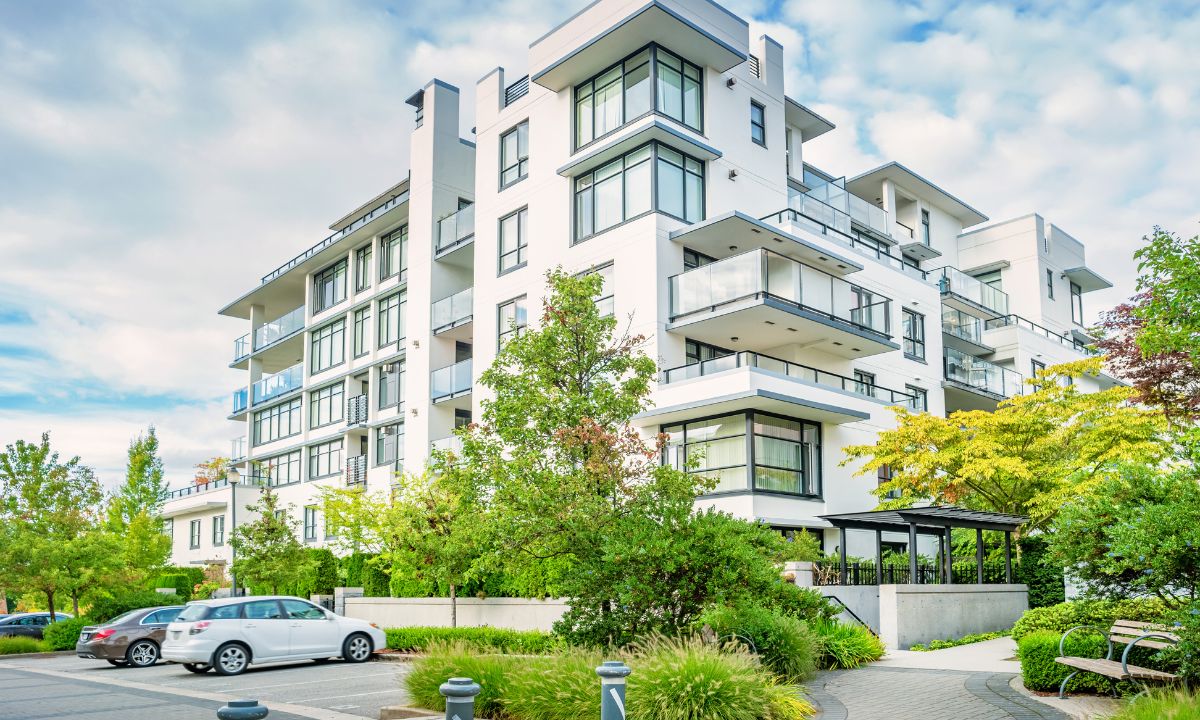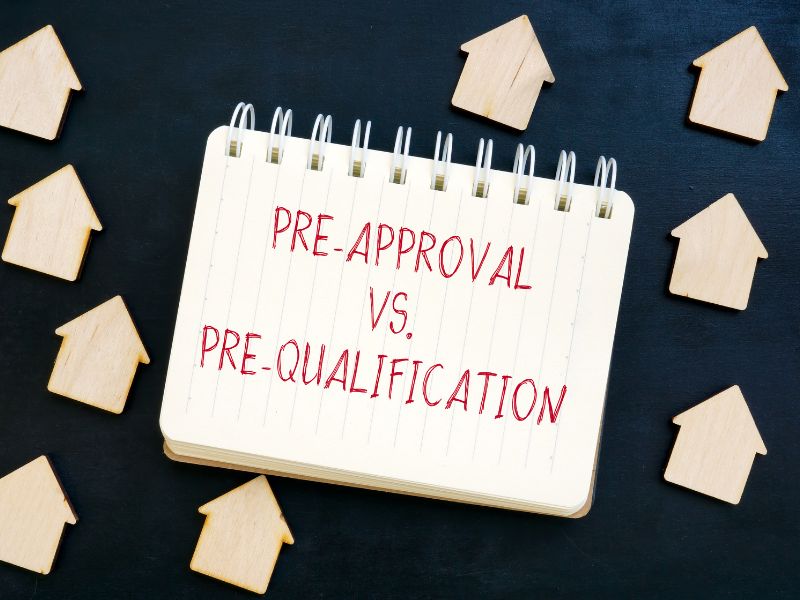When to Refi: How to Time Your Move for Maximum Savings
 As with most everything, timing is often key to unlocking substantial savings, especially when it comes to refinancing your loans. Whether you’re eyeing a lower interest rate, aiming to shorten your loan term, or simply seeking to tap into equity, strategic timing can significantly impact your financial outcomes. It is vital for a loan originator to empower the borrower with the knowledge of when to refinance.
As with most everything, timing is often key to unlocking substantial savings, especially when it comes to refinancing your loans. Whether you’re eyeing a lower interest rate, aiming to shorten your loan term, or simply seeking to tap into equity, strategic timing can significantly impact your financial outcomes. It is vital for a loan originator to empower the borrower with the knowledge of when to refinance.
1. Monitor Interest Rate Trends
Interest rates are the cornerstone of refinancing decisions. Keep a vigilant eye on the market trends and economic indicators that influence interest rates, such as inflation rates, unemployment data, and central bank policies. When rates dip significantly below your current mortgage rate or the rate you originally locked in, it might be an opportune time to refinance.
2. Calculate Your Break-Even Point
Before diving into refinancing, calculate your break-even point—the moment when the savings from your new loan offset the costs of refinancing. Consider factors like closing costs, loan origination fees, and prepayment penalties. If you plan to stay in your home beyond the break-even point, refinancing could yield substantial long-term savings.
3. Assess Your Credit Score
Your credit score plays a pivotal role in securing favorable refinancing terms. Before refinancing, take proactive steps to improve your credit score by paying bills on time, reducing outstanding debts, and correcting any errors in your credit report. A higher credit score often translates to lower interest rates and better loan offers.
4. Factor in Life Changes
Life events such as marriage, divorce, job changes, or fluctuations in income can impact your refinancing strategy. Assess how these changes may affect your ability to qualify for a loan and your long-term financial goals. Refinancing during periods of stability can help streamline the process and optimize your savings.
5. Leverage Equity Wisely
If you’ve built significant equity in your home, consider tapping into it strategically through cash-out refinancing. Whether for home improvements, debt consolidation, or investment opportunities, leveraging your equity can enhance your financial flexibility. However, exercise caution and ensure that the benefits outweigh the risks.
6. Stay Informed About Regulations
Regulations governing mortgage lending and refinancing practices are subject to change. Stay abreast of regulatory updates and policy changes that may impact your refinancing options. Consulting with a knowledgeable loan originator can help you navigate complex regulatory landscapes and make informed decisions.
7. Consult with a Financial Advisor
Navigating the complexities of refinancing can be overwhelming. Seek guidance from a qualified financial advisor or loan originator who can assess your unique financial situation, evaluate refinancing options, and tailor a strategy that aligns with your objectives. Their expertise can provide invaluable insights and help you optimize your savings potential.
Timing refinancing to maximize savings requires careful consideration of market dynamics, personal financial goals, and regulatory landscapes. By staying informed, calculating your break-even point, and leveraging expert advice, you can unlock substantial savings and propel your financial journey forward. Remember, the key to successful refinancing lies in strategic timing and informed decision-making.

 Are you considering taking the leap into homeownership, but feeling overwhelmed by the options? Purchasing your first home is an exciting milestone, but it can also be a daunting process. One option that may be particularly appealing for first-time homebuyers is a condominium, or condo for short. We will explore why a condo could be the perfect fit for your first venture into homeownership.
Are you considering taking the leap into homeownership, but feeling overwhelmed by the options? Purchasing your first home is an exciting milestone, but it can also be a daunting process. One option that may be particularly appealing for first-time homebuyers is a condominium, or condo for short. We will explore why a condo could be the perfect fit for your first venture into homeownership. Pre-approval and pre-qualification are terms commonly used in the context of mortgage loans, but they can also apply to other types of loans. While they sound similar, they have different meanings and implications in the loan application process:
Pre-approval and pre-qualification are terms commonly used in the context of mortgage loans, but they can also apply to other types of loans. While they sound similar, they have different meanings and implications in the loan application process: